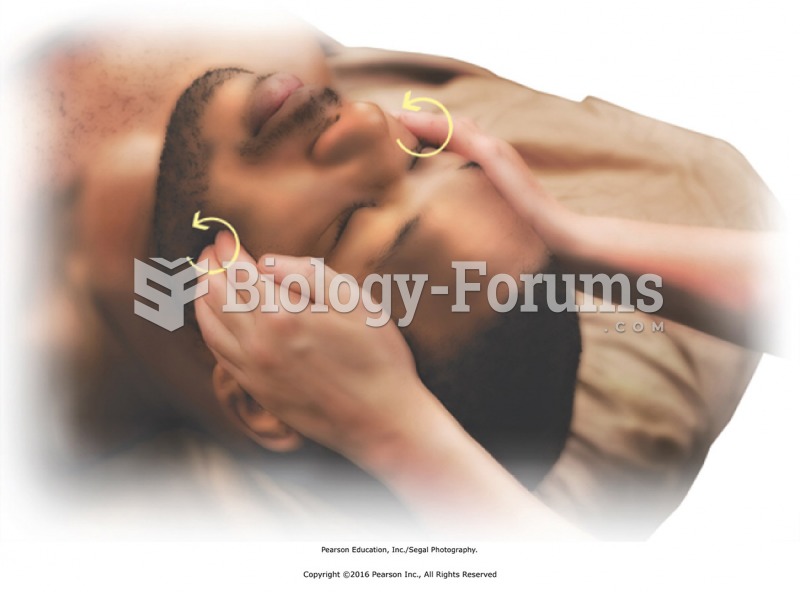|
|
|
Children with strabismus (crossed eyes) can be treated. They are not able to outgrow this condition on their own, but with help, it can be more easily corrected at a younger age. It is important for infants to have eye examinations as early as possible in their development and then another at age 2 years.
There can actually be a 25-hour time difference between certain locations in the world. The International Date Line passes between the islands of Samoa and American Samoa. It is not a straight line, but "zig-zags" around various island chains. Therefore, Samoa and nearby islands have one date, while American Samoa and nearby islands are one day behind. Daylight saving time is used in some islands, but not in others—further shifting the hours out of sync with natural time.
Aspirin is the most widely used drug in the world. It has even been recognized as such by the Guinness Book of World Records.
Between 1999 and 2012, American adults with high total cholesterol decreased from 18.3% to 12.9%
More than 30% of American adults, and about 12% of children utilize health care approaches that were developed outside of conventional medicine.







